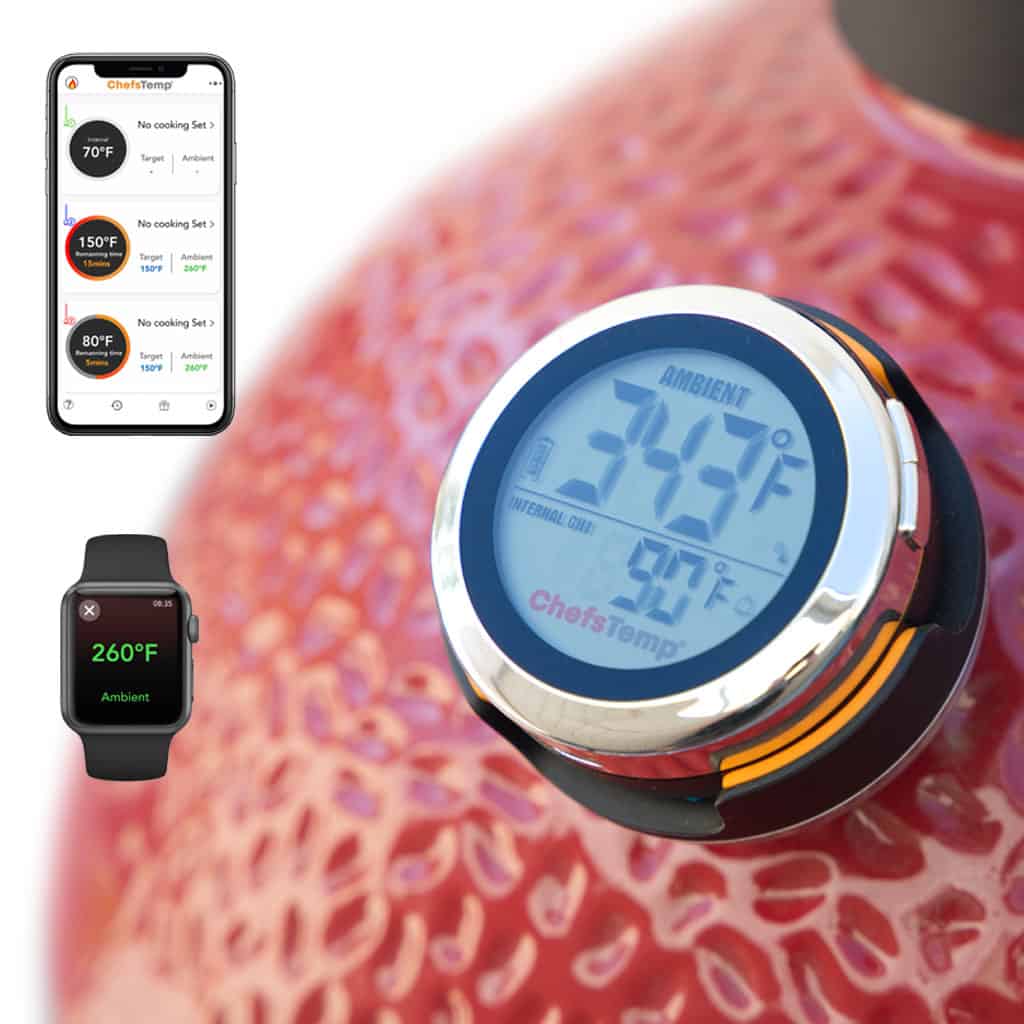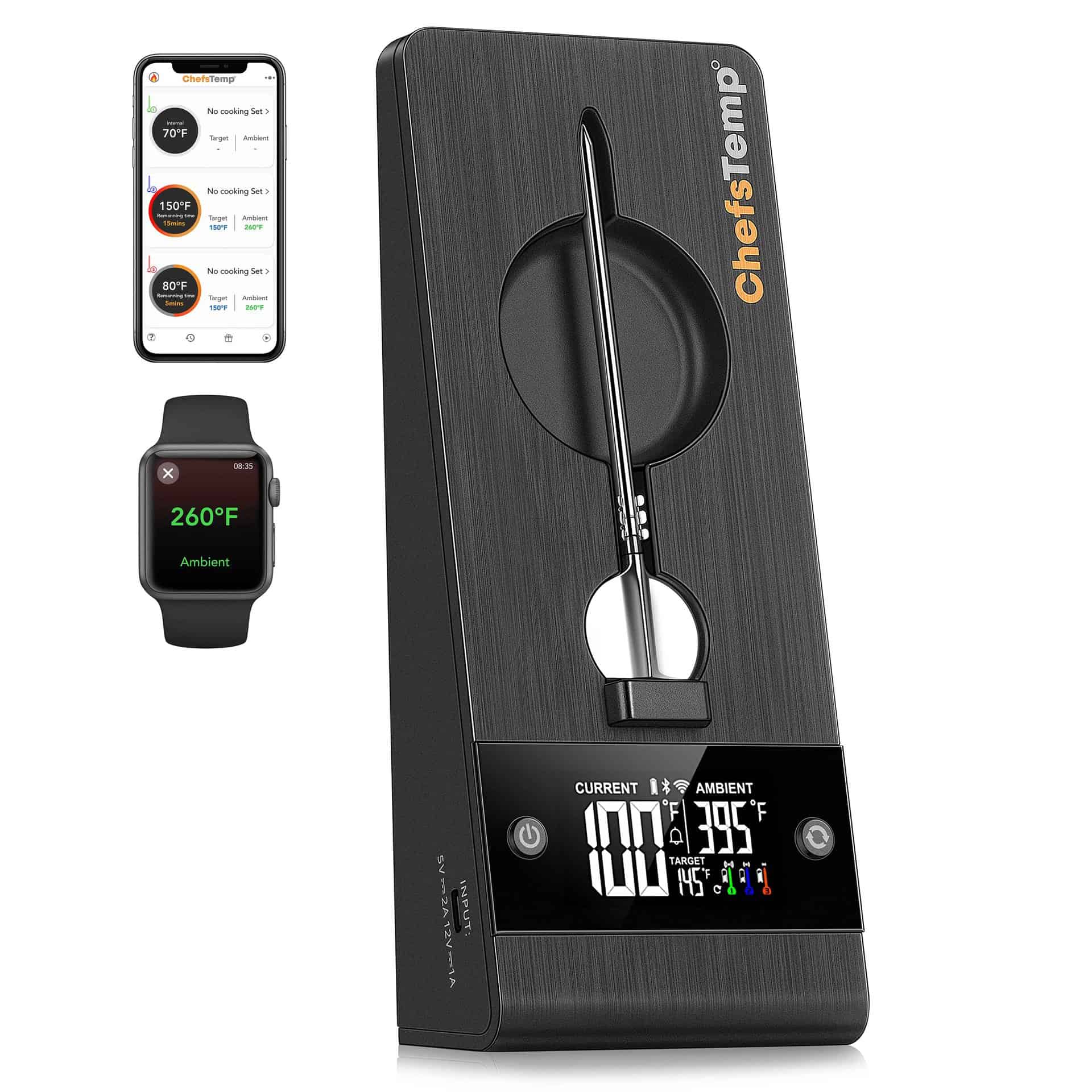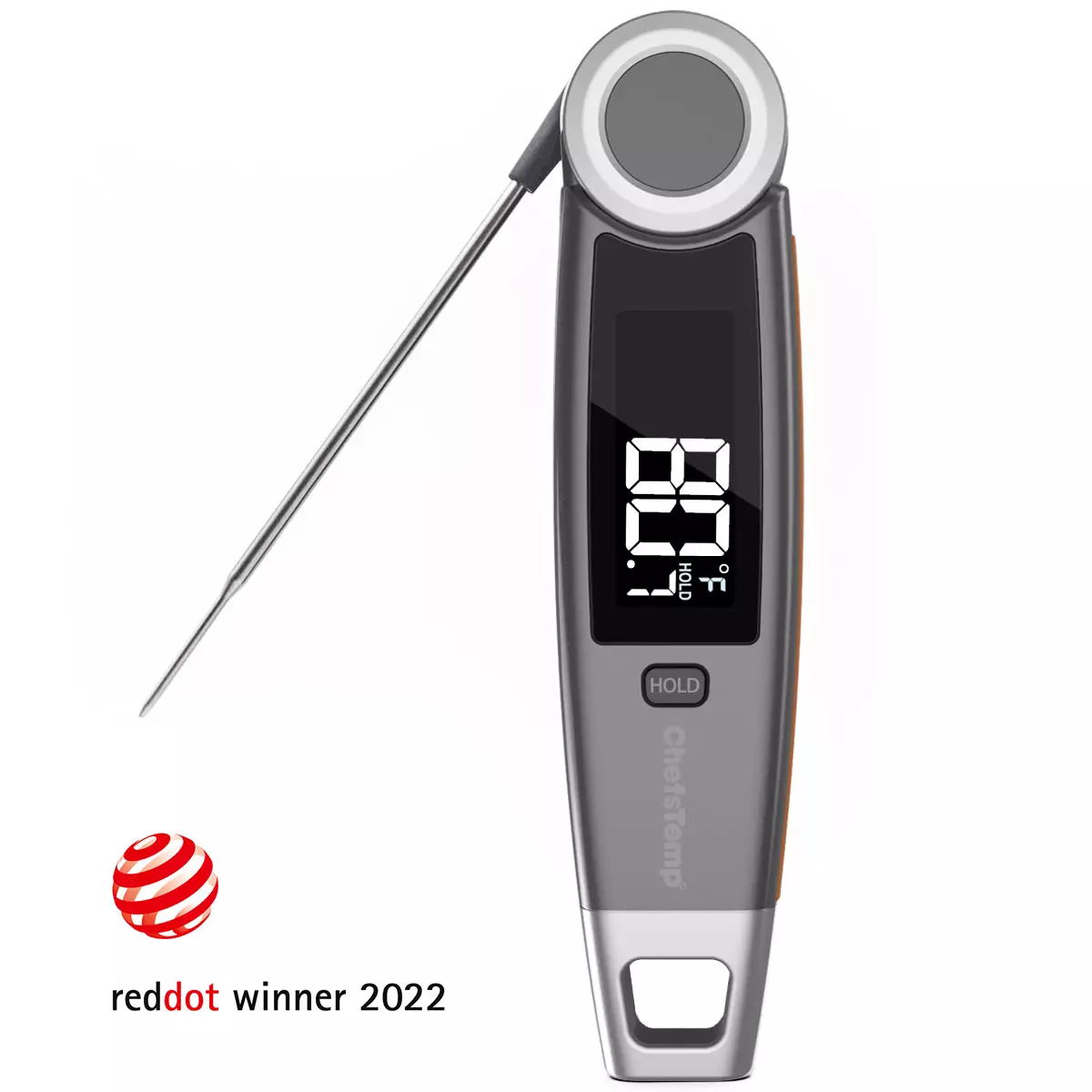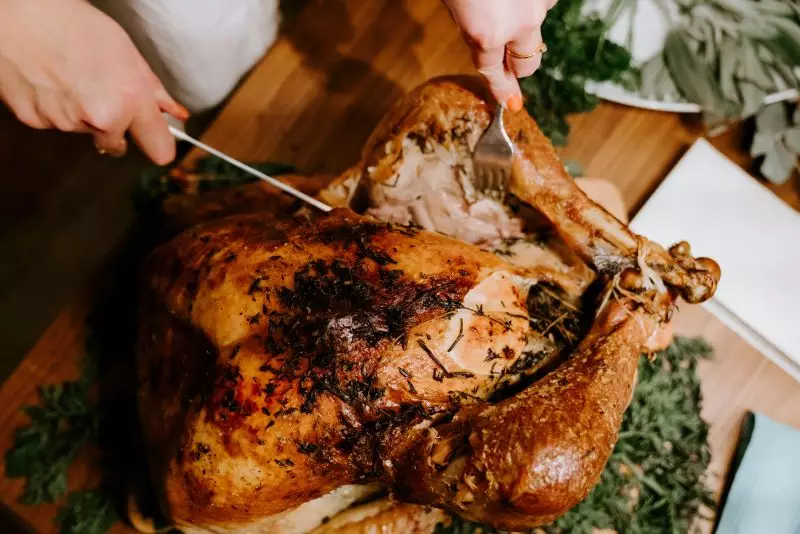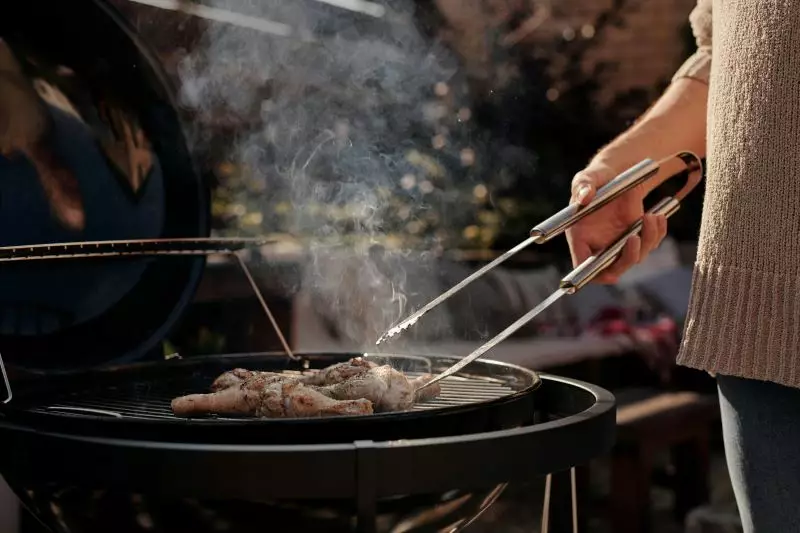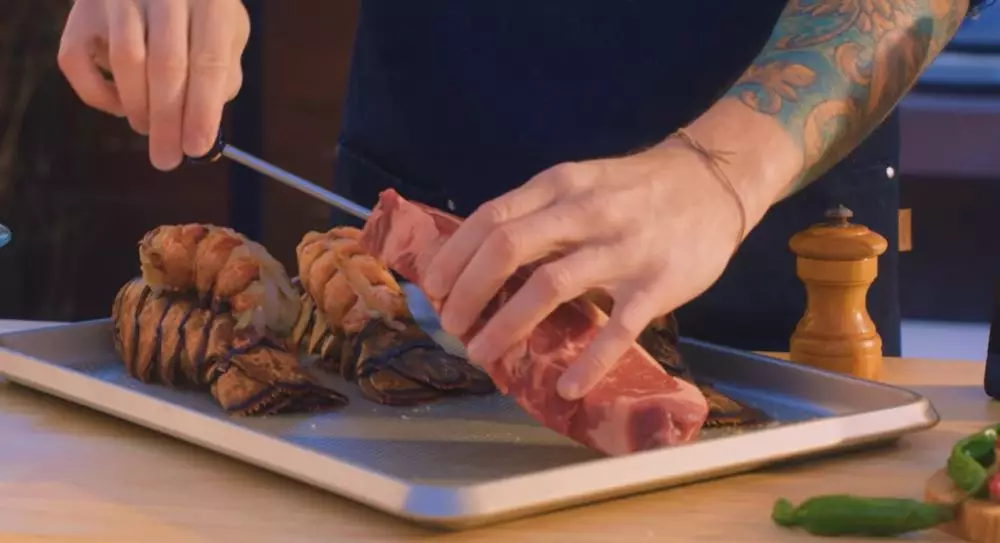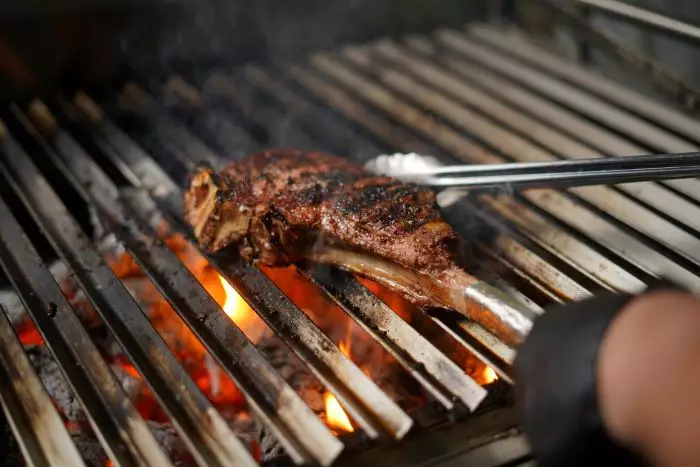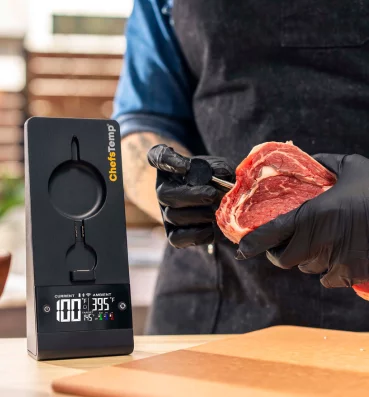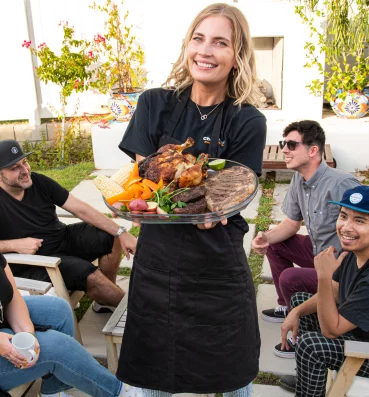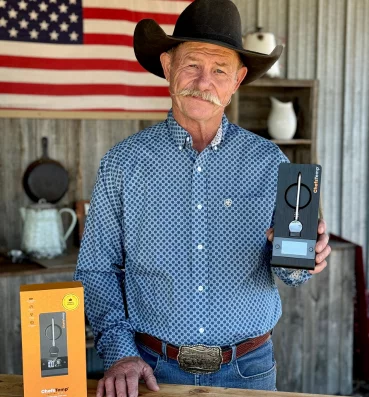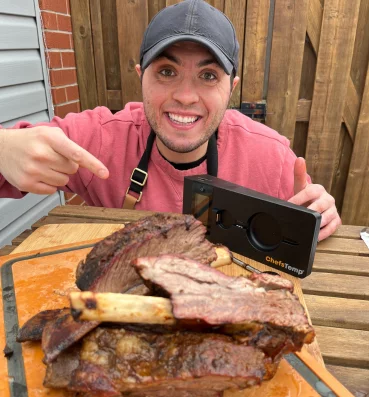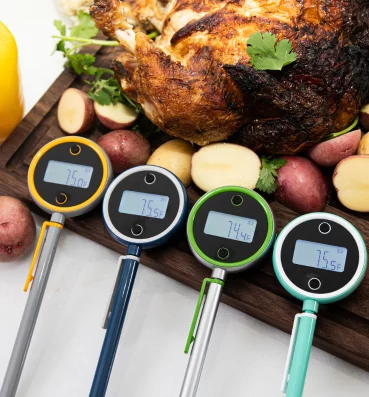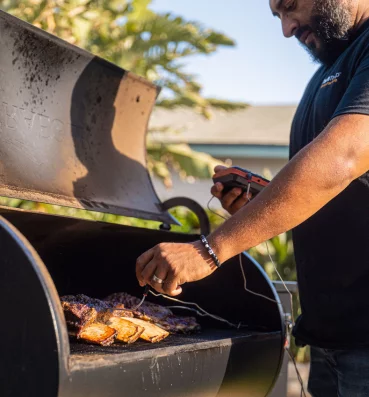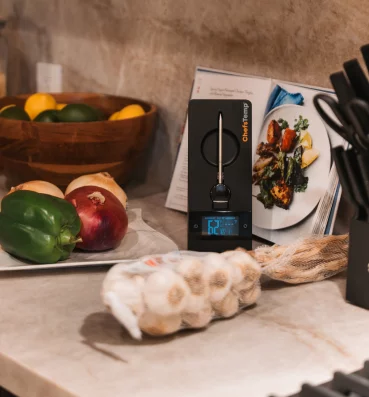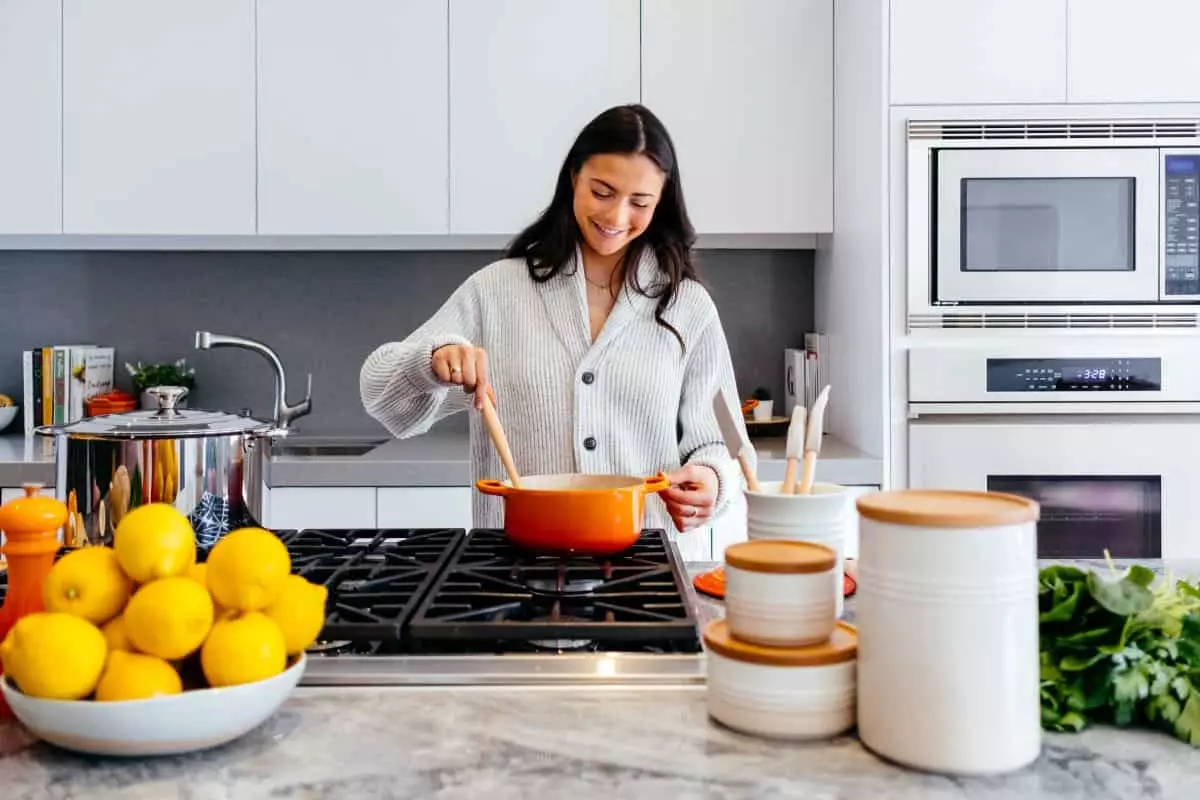
How Using Cooking Thermometers Affects the Flavor of Your Food
t’s no secret that food needs to reach a specific temperature for it to be cooked safely. But did you know that certain temperatures can also make your food taste better or worse? It is why you will always see thermometers in commercial kitchens. But why is temperature important? How can cooking with thermometers make your food better?
Table of Contents
Why is temperature important?
Temperature is crucial when it comes to cooking. Different types of food need to reach a specific internal temperature to be cooked properly and safely. Poultry meats, for example, should reach an internal temperature of at least 165°F to kill any harmful bacteria that could cause foodborne issues. On the other hand, steaks can be cooked at a slightly lower temperature (around 145°F) to achieve the desired level of doneness.
Moreover, temperature plays a significant role in the flavor and texture of the food. You will notice this when you overcook your proteins. Overcooked meats are dry, tough, and bland. In contrast, undercooked chicken is unsafe for consumption, as it can lead to foodborne problems like food poisoning, which can be dangerous. The difference between perfectly cooked food and an undercooked/overcooked meal can be just a matter of a few degrees of temperature.
How temperature affects the taste
Indeed, roast chicken tastes fantastic when you eat it straight from the oven but tastes bland when you eat it cold from the fridge. Likewise, ice cream tastes pleasantly sweet when it’s frozen, but it’s cloyingly sweet when melted. Why is this? What is going on?
The temperature-sensitive proteins in our taste buds heighten our ability to taste food. Proteins (TRPM5 channels) perform better at warmer temperatures than cooler ones. When food is cooled to 59°F (around 15°C) or below, these protein channels barely open. This minimizes your taste perception of the food. On the other hand, when the food is heated at 98.5°F (around 37°C), the protein channels open up, increasing your tastebud’s sensitivity by up to more than 100 times. It makes food taste much better.
The second reason is that much of your perception of flavor and taste comes from the aroma. When you smell the food, microscopic molecules travel to your nose. If you remember, in elementary science, high temperature makes molecules more energetic. Thus, they travel from the table and plate to your nose faster.
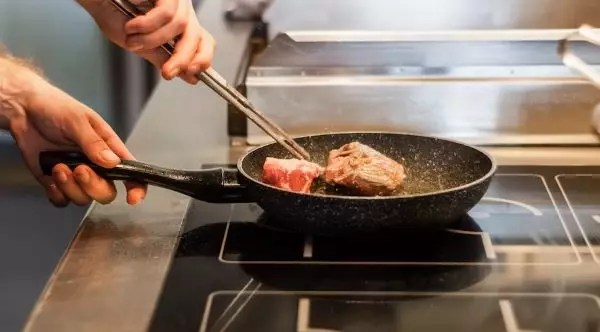
Get a kitchen thermometer
If you are a foodie and love to experiment in the kitchen, there are tools you can’t do without. One of which is a kitchen thermometer. Whether roasting, grilling, searing, or cooking stew, a cooking thermometer will help you cook your food right.
Cooking or kitchen thermometers come in different styles and types. Generally, you can get by in almost any form of cooking using a meat thermometer.
Making your food more flavorful with the help of cooking thermometers
Now that you know a bit of the science behind taste and temperature, it is time to take a deeper dive into how to use temperature to your advantage. And there is no better way to tell the temperature than with a kitchen thermometer.
There are actually three factors in how cooking thermometers can help improve the flavor of your food; consistency, accuracy, and timing.
Consistency
As said earlier, cooking thermometers take the guesswork out of the kitchen. Even the world’s most renowned chefs use various kinds of kitchen thermometers to keep everything consistent.
A cooking thermometer will help ensure you’re cooking food to the same temperature every time, ensuring your food is consistently cooked to perfection. It is crucial when cooking for many people and with larger cuts of meat, where it is vital to ensure everyone gets the same level of doneness of their meat.
Accuracy
No matter how experienced you are in the kitchen, you will never be as accurate in telling the temperature of the food as a thermometer.
Kitchen thermometers are accurate, meaning you can cook your meat (or whatever food or type of cooking you wish to) to the exact temperature you need. It is essential for delicate items like eggs and fish and baking, where a few degrees can make a huge difference to the food.
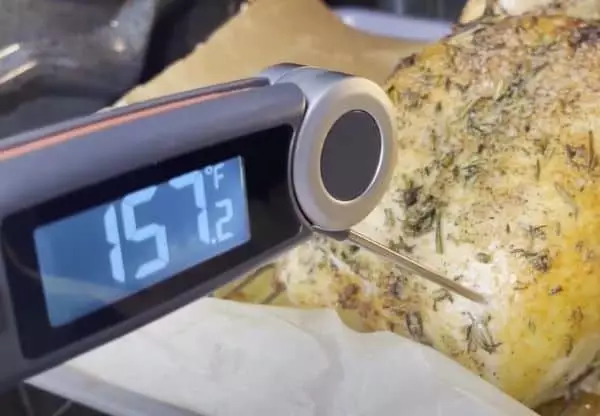
Timing
While ovens and high-end grills come with timers, thermometers will still give you the best way to time your cooking. They’re helpful when cooking something for the first time, as you may not be familiar with the specifics of the dish.
Another way thermometers can help make your food more flavorful is through moisture retention.
Moisture retention
As you know, overcooking can cause the meat to dry out, making it tough and tasteless. But, of course, that’s the last thing you want when hosting a barbecue in your backyard, right?
By using a thermometer, you can ensure your meat cooks to the right temperature, which helps retain the moisture, keeping your meat juicy and flavorful.
Choosing a kitchen thermometer
As said earlier, there are different types of cooking thermometers. While you can always get as many types as possible, that is not the most practical thing to do, as they can be expensive. Also, the good thing is many kitchen thermometers are highly versatile, which means you can have one and use it when you are cooking various things.
If you like grilling or smoking meat, a probe thermometer or a digital instant-read thermometer is your best option. However, you cannot afford to mess around with the temperature if you want to roast. In this case, an oven-safe thermometer is your best choice.
Another critical thing to consider is the range of the thermometer. Choose a thermometer with a range covering the temperature you believe you will need for most types of food you will be cooking.
Discover Other ChefsTemp Products
Discover more recipes and learn kitchen tricks by joining our cooking family on Facebook.
You may also like:
